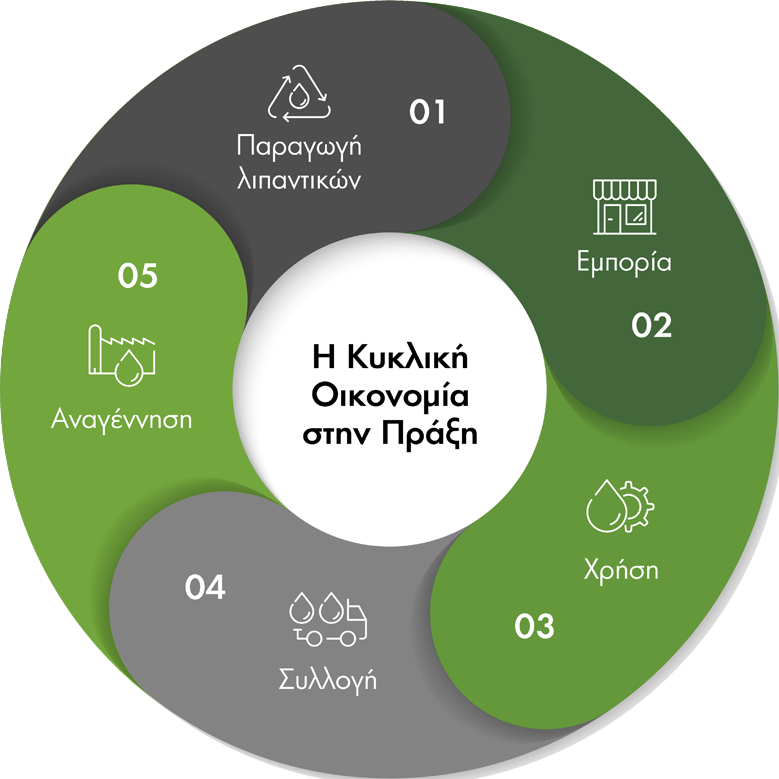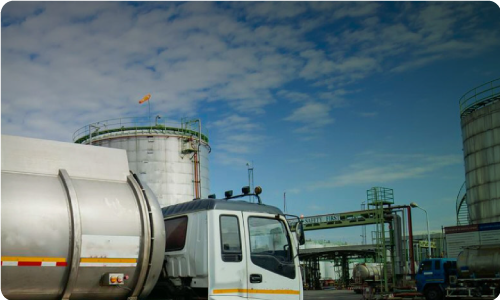The Circular Economy is the new innovative approach to tackling environmental challenges and promoting sustainability. In contrast to the traditional linear economy model, based on the ``production-consumption-disposal'' pattern, the circular economy seeks to close the cycle of production and consumption , promoting reuse, repair, renovation and the recycling of materials and products. This transformation has enormous implications for the environment as well as for the economy and society.
The Circular Economy is critical to tackling climate change and environmental degradation. By reducing the extraction of raw materials and the production of waste, it contributes to the reduction of greenhouse gas emissions and the conservation of natural resources. In addition, the circular economy can reduce dependence on imported raw materials, enhancing the financial security and sustainability of local economies.
The Circular Economy also fosters innovation and entrepreneurship . New business opportunities are emerging through the development of new technologies and practices for recycling and reusing materials. In addition, the transition to a circular economy creates new green jobs.
For this purpose, in 2015 the European Commission presented the Circular Economy Strategy, with the aim of giving impetus to the European economy and competitiveness.
In fact, in order to modernize waste management systems in the EU, a revised waste legislative framework came into force in July 2018. This framework includes, among other things, new ambitious recycling rates, clarification of the legal status of recycled materials, strengthening of waste prevention and management measures.
In this irreversible global trend, ENDIALE S.A. is leading the way , distinguishing itself in the European and international environment , contributing to the achievement of the global goals of sustainable development and to the green transition of our country. It not only fully fulfills the European goals but exceeds them and emerges as a ``champion`` in the Circular Economy .
RDC Environment which was carried out on behalf of the French Environment Agency ADEME and which records the performance of Collective Waste Management Systems in Europe is very typical . Comparing Greece with the other 4 most advanced countries in the management of waste oil, namely Belgium, Spain, Italy and Portugal, confirms our country's leadership in the EU for 100% WLO regeneration and exceeding the 70% target for the collection rate of WLO. In addition, it is emphasized that this success is achieved with the final cost burden on the consumer being overwhelmingly lower than all other countries.











